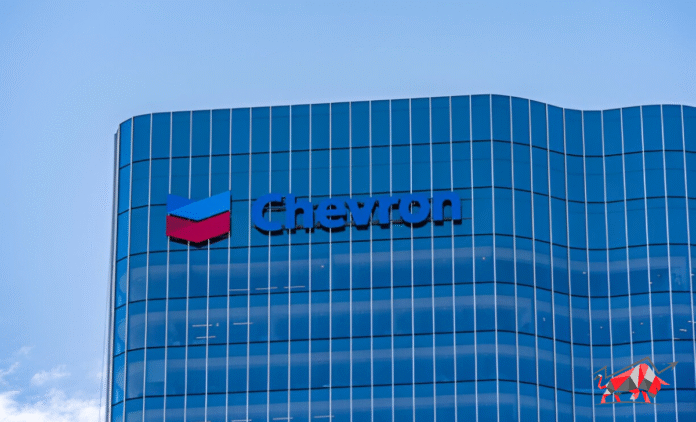In a significant development, Chevron completed its $53 billion takeover of Hess on Friday, following a decisive victory in an arbitration battle with rival ExxonMobil. The outcome grants Chevron full access to the valuable Guyana Stabroek oil development, a prize coveted since Hess and Exxon first discovered the field in 2015.
Chevron Secures the Stabroek Stake
ExxonMobil had raised an arbitration claim with the International Chamber of Commerce, arguing it held a right of first refusal over Hess’s 30 % stake in the Stabroek joint venture. The claim, filed in March 2024, aimed to prevent Chevron from gaining control of this crucial asset.
However, the ICC ruled that Exxon’s right did not apply. The tribunal reasoned that Chevron’s bid was for the entire Hess corporation—not just the Stabroek stake—invalidating Exxon’s claim. Chevron promptly announced that the deal was finalised, celebrating the merger of “two great American companies brings together the best in the industry.”
Why Stabroek Matters
The Stabroek field, discovered by Exxon off the coast of Guyana, is estimated to hold more than 11 billion barrels of oil. Analysts forecast that the field will generate approximately $182 billion in profits over the next 15 years. For Chevron, part of its motive for the takeover was ensuring control of this immense prize.
Chevron CEO Mike Wirth had even warned the company would abandon the bid if Exxon had succeeded in arbitration. During the legal dispute, both he and Exxon CEO Darren Woods spoke confidently about their positions. The ICC result now removes major uncertainty from Chevron’s strategic path.
Market Response and Executive Moves
Following the ruling, Hess shares jumped 8 % during early trading, while Chevron’s stock rose 3 %. Exxon shares fell slightly, dropping 0.2 %. Analysts believe Chevron’s stock had been weighed down by takeover doubts. Biraj Borkhataria of RBC Capital Markets noted the arbitration “was clearly an overhang on Chevron shares” and expects the stock to “outperform” in the coming weeks.
Adding to the favourable timing, the US Federal Trade Commission lifted a previous restriction preventing Hess CEO John Hess from joining Chevron’s board. The FTC had cited concerns that Hess might influence oil prices via private communications with Opec—an allegation he always denied. The reversal cleared the way for his integration into Chevron’s leadership.
Expanding Chevron’s Reserves
The acquisition of Hess, which started nearly 90 years ago as a small heating oil outfit, significantly boosts Chevron’s oil and gas reserves. Prior to the deal, Chevron’s reserves had fallen to their lowest in over a decade, intensifying pressure on Wirth to replenish the company’s asset base. Capturing Hess’s production capabilities is a central part of that strategy.
Wirth described the ICC ruling as “positive for the global energy sector,” arguing it clarifies that asset-level rights of first refusal do not apply when a parent company is sold. This, he suggests, will streamline future mergers and acquisitions and provide reassurance for partners and governments involved in similar agreements.
Exxon’s Stance
Despite its loss, Exxon said it would respect the tribunal’s decision. The company emphasised its commitment to shareholders, stating, “Given the significant value we’ve created in the development of the Guyana resource, we believed we had a clear duty to our investors to consider our pre-emption rights to protect the value.”


